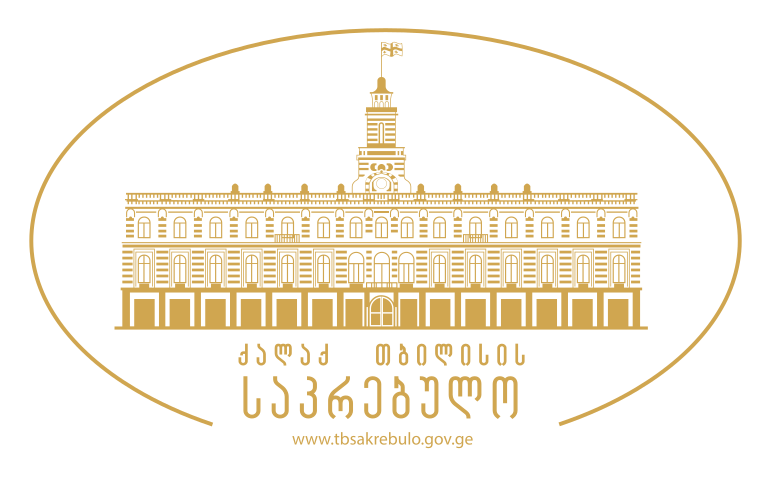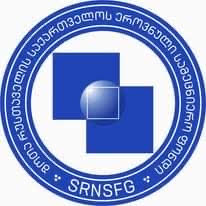009 - Between Chaos and Discipline: Iranian Comparative Literature
Organized by:: / Hunan Normal University and University of New South Wales
Prof. Omid Azadibougar, Prof. Laetitia Nanquette
This panel seeks two aims: first, to critically review the current state of the discipline as it is practiced in Persian and other Iranian languages, in Iran and diasporic locations. While a department of Comparative Literature proper does not exist in Iranian academia, the discipline is developed as a subfield and under the national literature departments. Elsewhere, the majority of students and scholars who contribute to the field have conventionally been located in Area Studies departments.
Second, this panel seeks to discuss what disciplinary adjustments are needed for the practice of Comparative Literature in the Iranian context. The structures of knowledge formulated during the eighteenth and nineteenth centuries were based on two fundamental postulates: the centrality of capitalism as the defining essence of modern culture; the history of European cultural development as the norm against which other cultural histories are assessed. In this structure, for instance, Area Studies as a field was created for introducing non-European literatures – placed outside capitalism – to European readers.
Therefore, to integrate Persian in comparative literary practices, a number of changes are needed to formulate the critical position(s) and priorities of the discipline. First, disentangling the history of Iranian cultural development from the global history of colonialism, particularly European modern history. The normative assumptions of the discipline must be dealt with as fluid frames that essentially fall short of describing the Iranian condition. Second, the problem of a temporal lag in a context that has been on the margins of modern world, hence a latecomer to both capitalism and discipline, must be tackled.
Approaching Comparative Literature as a transdisciplinary field, with a Eurocentric and colonial history, this panel takes into account contemporary issues and lived experiences that engage and promote the causes of comparative literary studies within and beyond Persian – as Iran’s lingua franca. Can Comparative Literature be practiced at all as a discipline in the Iranian context? What new theoretical interventions are essential to render the discipline productive and critically relevant? This panel invites researchers to share their thoughts and research on the state of the discipline. Topics of interest are – but not essentially limited to – the following:
– Area studies: legacies and limits
– Being/becoming World Literature
– Formulating the condition: Is combined and uneven development sufficient?
– Peripheral Comparative Literature and the question of universality
– “Internal colonialism” and non-Persian Iranian languages
– The challenges of discipline building and curriculum development
– The text, the literary, and the boundaries of comparatism
– Re-visiting translation, imitation, and adaptation
– Accommodating visual cultures in the discipline
– Digital literatures and future research.
The Project was supported by Shota Rustaveli National Science Foundation of Georgia (SRNSFG) [grant number MG-ISE-22-170]

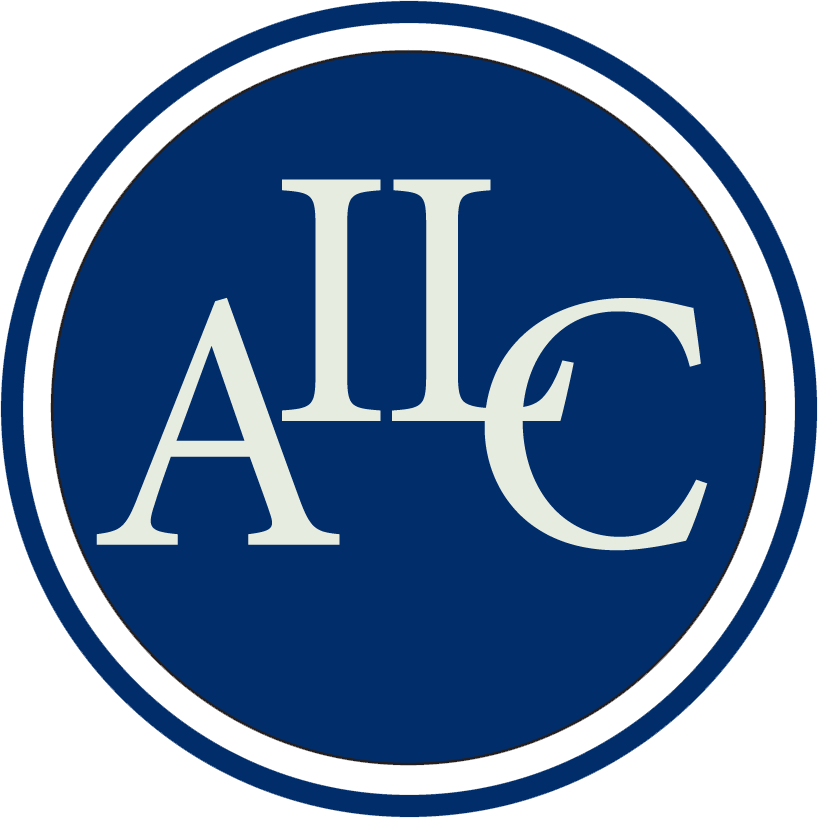
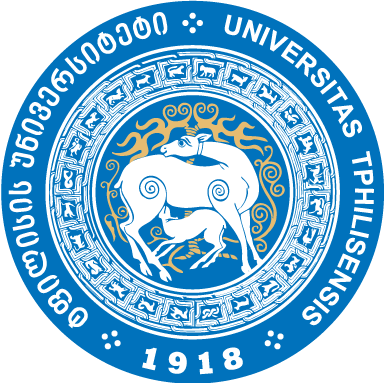

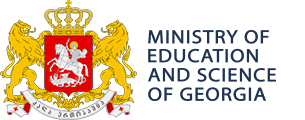
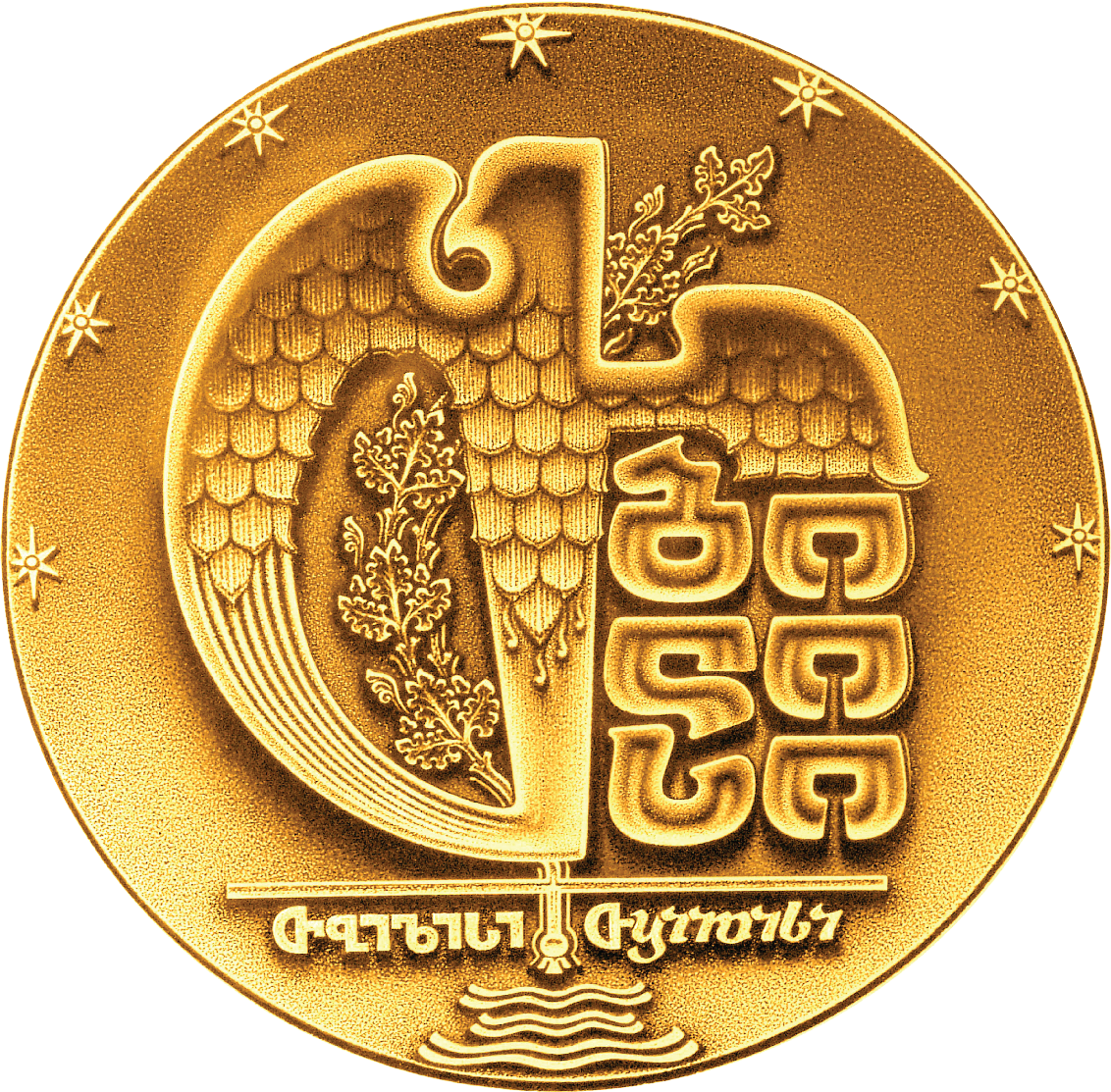

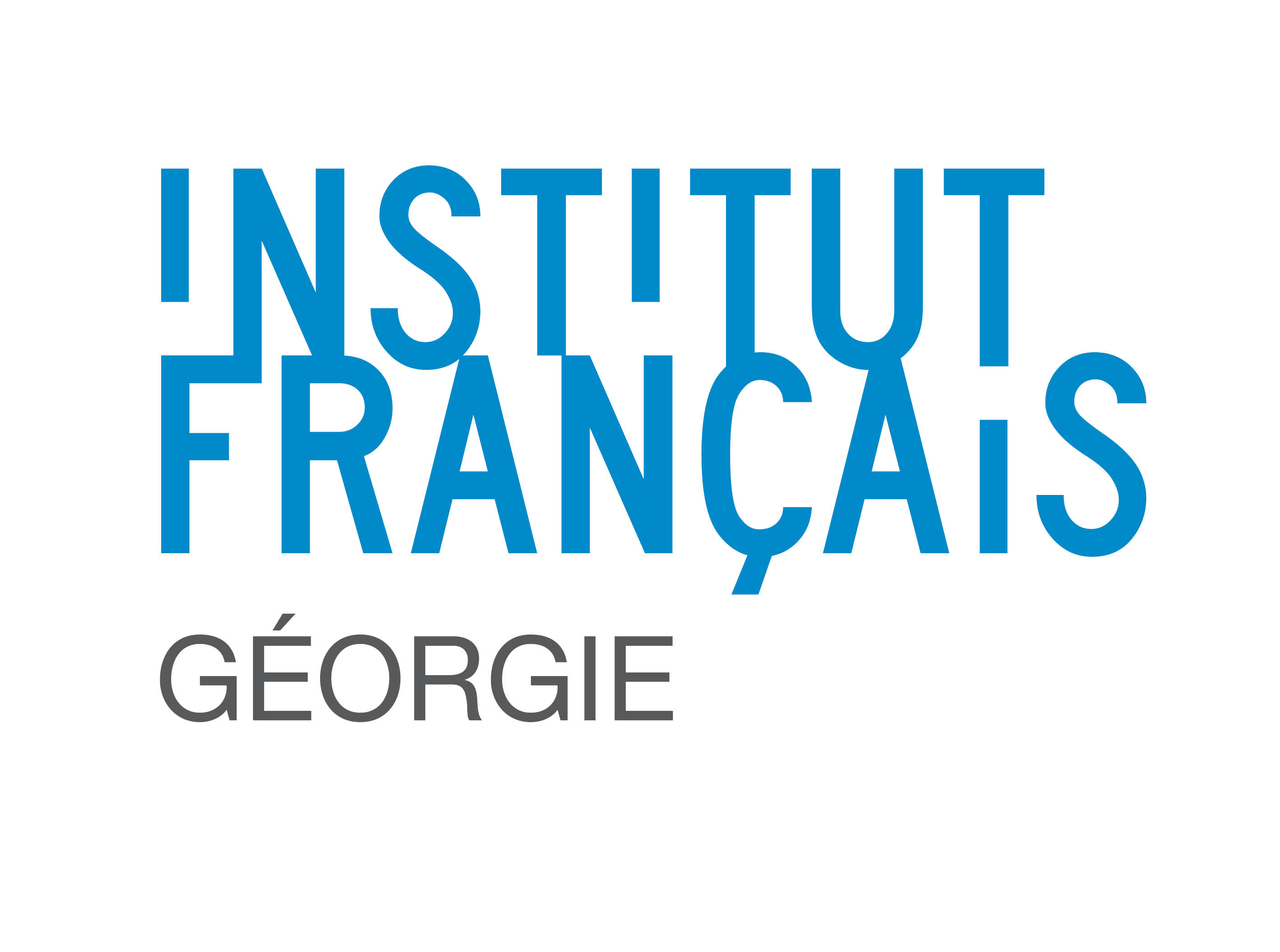




_001.png)

